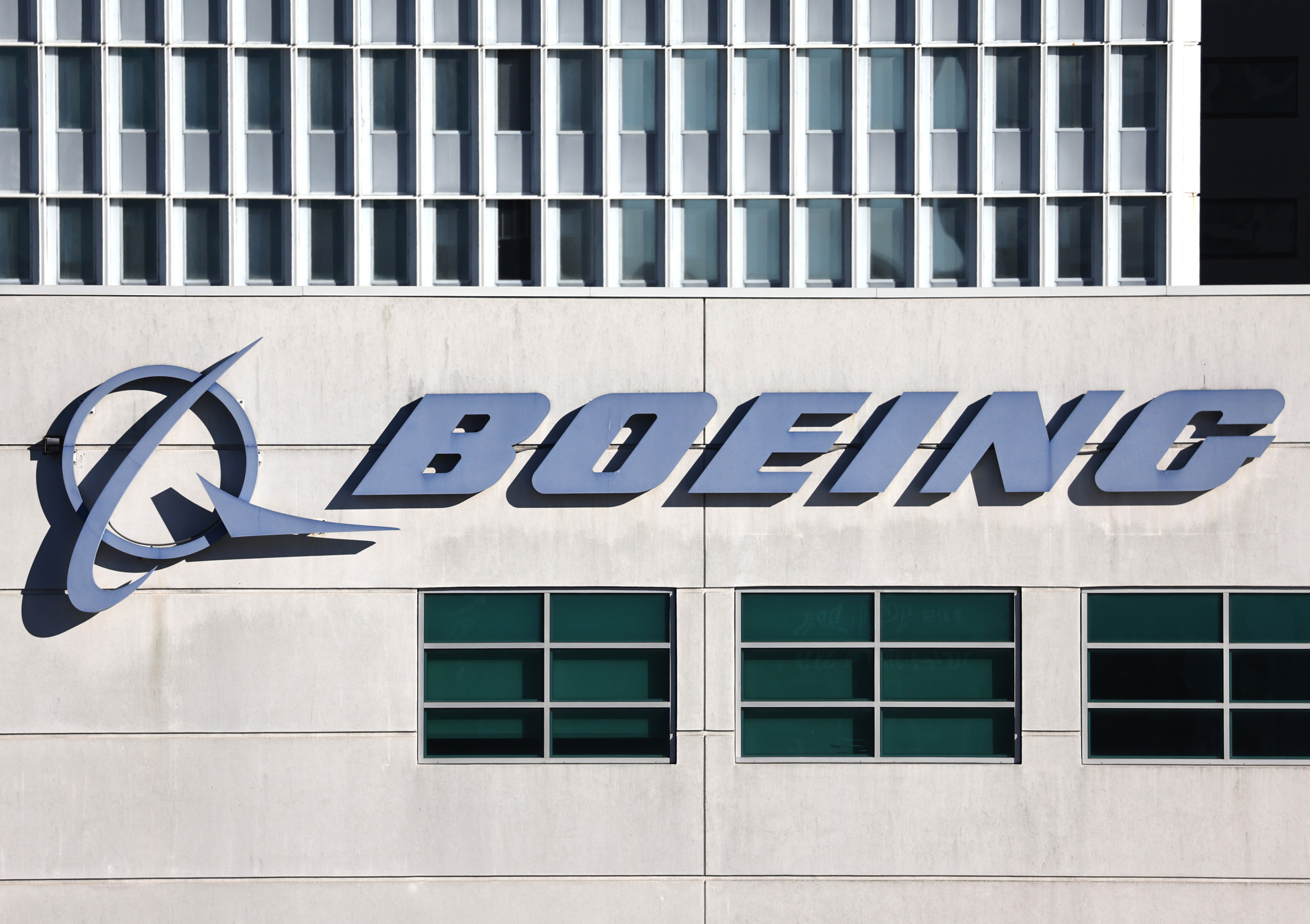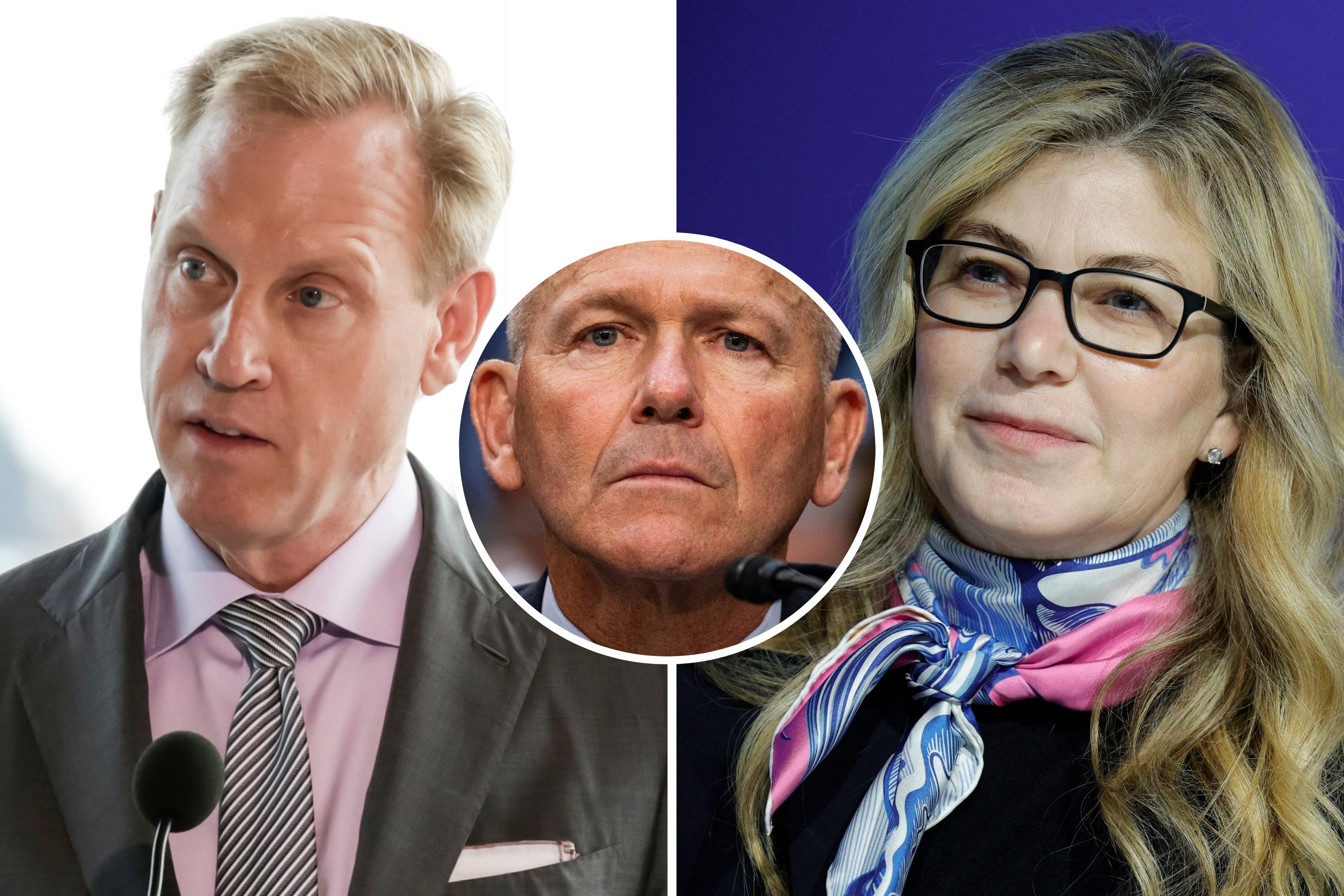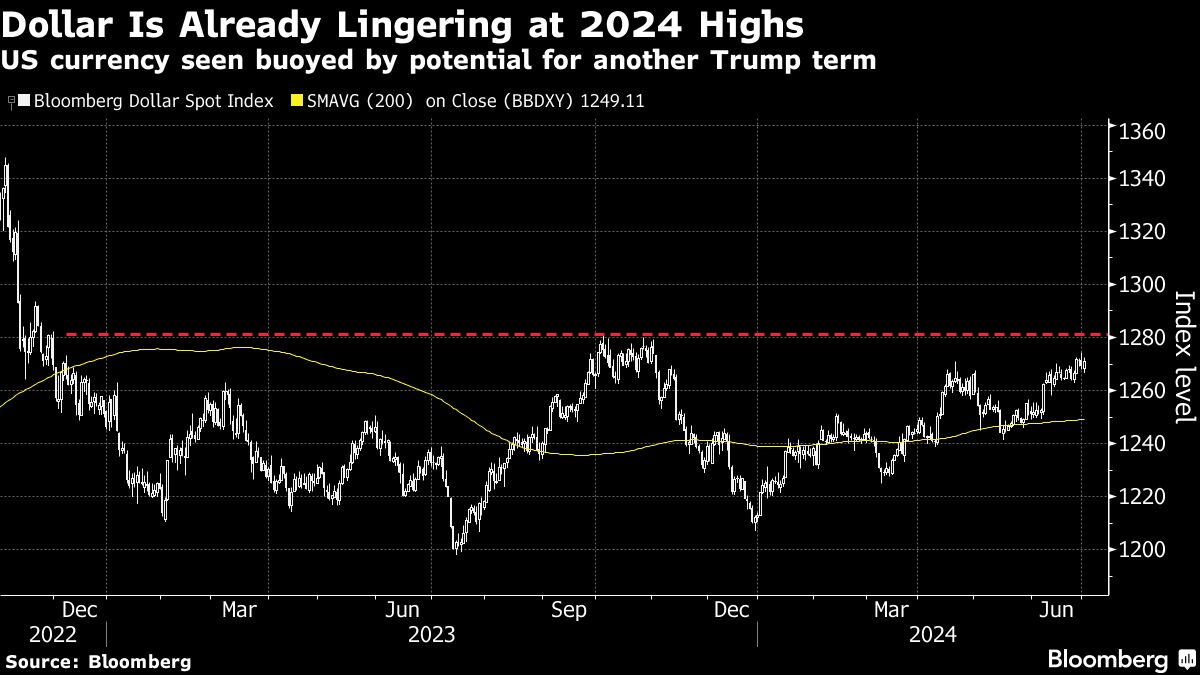
BOEING TO BUY MAJOR SUPPLIER IN OUTSOURCING REVERSAL
Hours after news broke that the US Justice Department plans to charge Boeing with criminal fraud for violating a 2021 deferred-prosecution agreement, Boeing announced a $4.7 billion plan to buy back Spirit AeroSystems, a major fuselage supplier it sold two decades ago.
The merger, valued at approximately $8.3 billion, involves an all-stock transaction with Spirit shareholders receiving Boeing shares. The deal includes Spirit's debt and is expected to close in mid-2025, pending regulatory and shareholder approvals.
"We believe this deal is in the best interest of the flying public, our airline customers, the employees of Spirit and Boeing, our shareholders and the country more broadly," Boeing President and CEO Dave Calhoun said in a statement late Sunday.
Spirit was formed in 2005 when Boeing sold off parts of its manufacturing arm in a bid to cut costs amid a larger outsourcing drive. The reintegration of Spirit is an implicit admission that the long-standing strategy of outsourcing key work on passenger planes has been at least partially responsible for the planemaker's current troubles. Problems at Spirit have long disrupted the production and delivery of popular Boeing jetliners, including the 737 and 787 Dreamliner.
In recent years, quality-control problems at Spirit had become a bigger issue, from fuselage panels that didn't fit together precisely enough to holes that were improperly drilled.
"By once again combining our companies, we can fully align our commercial production systems, including our Safety and Quality Management Systems, and our workforce to the same priorities, incentives and outcomes – centered on safety and quality", Calhoun said.
Besides its work for Boeing, Spirit makes components for other aerospace companies including Airbus, Bombardier, Lockheed Martin, Northrop Grumman and Rolls-Royce.
As part of the deal, Boeing archrival Airbus will receive some parts of Spirit that make components specifically for the European planemaker. Airbus also stands to get $559 million in compensation.
'Safety concerns'
The deal between Boeing and Spirit comes at a time when the U.S. aerospace giant is facing intense scrutiny from Congress, its partner airlines, as well as the Department of Justice (DOJ).
Reports have emerged about the DOJ pushing Boeing to plead guilty to criminal fraud in connection with two deadly plane crashes involving its 737 Max jetliners, which resulted in 346 deaths.
Boeing has until Friday to accept or reject the government's offer. The victims' lawyers believe Boeing will accept it.
"It looks like a simple move, like they're reacting to try to take the heat off themselves. One of the things that bothers me is that the recent troubles at Boeing seem deeply rooted," Mike Borfitz, a former FAA and Boeing engineer and CEO of consultancy Kilroy Aviation, told Newsweek.
Earlier this year, safety concerns about Boeing and Spirit increased after a panel blew out on an Alaska Airlines 737 Max 9 shortly after takeoff at 16,000 feet over Oregon on January 5. The panel, known as a door plug, covers the gap left by an unneeded emergency exit.
While no serious injuries were reported in the January incident, the consequences could have been far more severe if the panel had blown out at a higher altitude when passengers might have been moving around the cabin.
Following that near-disaster, the Federal Aviation Administration (FAA) increased oversight of both Boeing and Spirit, which supplied the Alaska jet's fuselage. Regulators capped production of the 737 Max and required Boeing to submit a comprehensive plan to address the quality issues at its factories.
On Thursday, Boeing was also sanctioned by the National Transportation Safety Board (NTSB) for "blatantly violating" its investigative regulations and a signed agreement by releasing nonpublic information and speculating about the Alaska Airlines incident.
"If Boeing wants long-term corrective action, complying with ISO standards like AS9100 has a good chance of achieving that," Borwitz said, referring to an international quality management system standard specifically designed for the aerospace industry. "However, we'll have to watch what they do moving forward."
2024-07-01T14:42:48Z dg43tfdfdgfd











